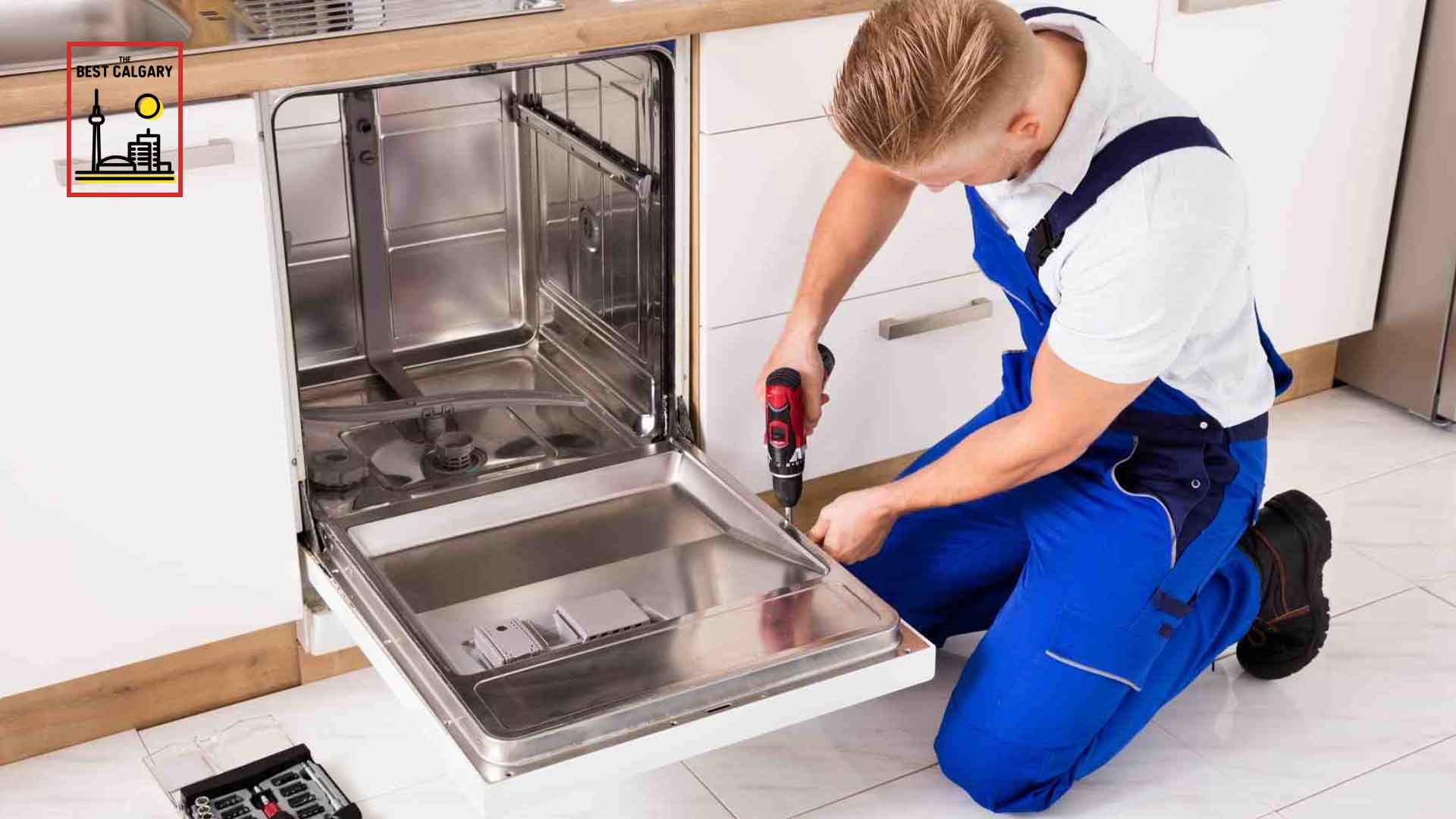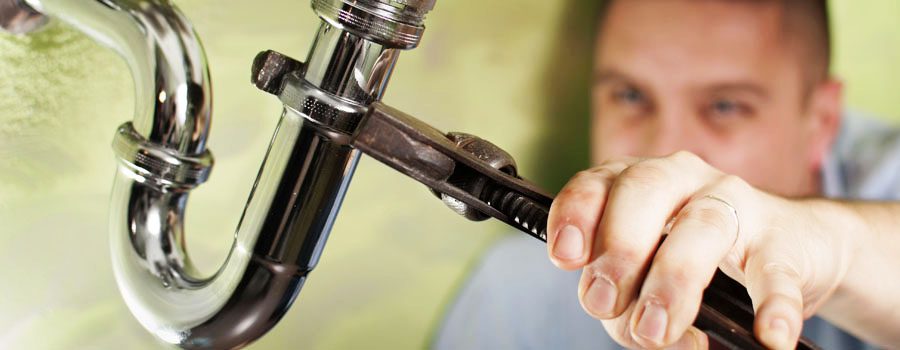Prevent The Six Things That Are Damaging Your Home's Plumbing Appliances
Prevent The Six Things That Are Damaging Your Home's Plumbing Appliances
Blog Article
What are your thoughts on Leak Detection and Repair Without Destroying Your Home?

The key to durable devices, unsurprisingly, appertains upkeep. There's no hard and fast policy that can ensure your plumbing appliances a long wear, however you can protect against unnecessary damage as well as fixings by avoiding bad plumbing practices.
You must quit doing these 6 points else you'll maintain calling your plumber over for minor faults.
Purging every little thing
Yes, your commode drainpipe causes the drains, however that doesn't imply you should dump simply anything away. Several 'flushable' products are actually terrific clog beginners, as an example dental floss. Asides keeping evident non-flushable materials like cords as well as plastics out of your toilet, you need to likewise prevent flushing cotton buds, menstruation products, wipes, daipers and also condoms down the toilet drainpipe.
DIYing every little thing
With plumbing, a stitch in time actually does conserve nine. You can avoid a fullblown plumbing emergency by calling your plumber at the right time.
You might have found out a few plumbing hacks from your dad, yet you should know where to draw a line and also call a professional. For instance, you might be able to deal with a clog yourself, yet you shouldn't try to alter a pipe. You might mismatch pipes or overtighten a bolt, triggering more injury as well as damage than you thought. Calling a plumber is a risk-free and economical choice.
Utilizing excessive drain cleaner
Using a drainpipe cleaner more than once or twice a month is an indicator that something serious is taking place within your pipes. Now, as opposed to dealing with the main concern, you opt for a quick fix; a carbonated drain cleaner. Rightfully, a drainpipe cleaner will care for the blockage, yet at what expense?
The chemicals in a drainpipe cleaner can accelerate the corrosion of your pipelines. Include that to whatever underlying problem is creating the clog and also you might have to a severe trouble on your hands.
If you experience too many blockages, call your emergency plumber as opposed to making use of a drain cleaner.
Pouring grease in the sink
We know appropriately throwing away oil after a hearty meal is a discomfort. However just pouring it down the tubes can do lasting injury to your pipelines. "The fat as well as oil can obstruct your drain severely adequate to force you to call a plumber," describes Dawson. "Plumbing works best when it's well looked after-- not abused with grease."
Not altering your dishwashing machine hoses
One very easy means to ensure that you use your dish washer for many years is to replace the pipe at least once in five years. This additionally obtains cleaning maker hoses.
Over time, food bits, soap and grease can form blockages within your pipes. Replacing them on schedule will certainly prevent any presure develop that can harm the internal operations of your dishwashing machine or cleaning machine.
A strengthened steel entwined hose does an excellent task of extending your equipment's usage time.
No winter months precautions
Extreme weather misbehave for your pipes, particularly if they're constructed from steel. You must shield your exposed pipelines, and also your water storage tank, even if you have a hot water heater. You should also turn off your yard pipe valve and any other outside water networks. These channels are outlets for cold; you pipes can begin to ice up from outside if you don't.
Prevent Water Damage from Plumbing and Appliances
Prevent toilet failure
Be patient after you flush and wait for the valve to completely finish refilling the tank and bowl. If an overflow looks imminent, lift off the tank cover and lift the float to shut off water flow to the tank, and then turn off the supply valve.
Twice a year, inspect a toilet’s components, such as the fill, supply, and flush valves, and the supply line. Make sure you can turn off the supply. If you have older screw type valves that are hard to turn or start leaking, consider replacing them with simpler ball valves that are easy to shut off quickly.
Inspect and maintain your water heater
Inspect your anode rod every two years, or every year once the warranty has expired, to determine if it needs to be replaced.
Flush water heater tanks every six months to remove sediment by attaching a garden hose to the valve at the base. For safety, first turn off the power and run hot water until it is cool.
Get an annual inspection from a plumbing professional including the shut-off valve and all piping. Signs of broken valves and loose or wet joints and rust are a sign that more severe damage is coming.
Maintain washing machine supply lines
Look for signs the supply hose may be ready to fail—blisters in the hose, worn tubing, stress cracks, or a loose connection.
Replace the supply hose with a reinforced steel braided hose if it shows any sign of wear.
Tighten the connection if it feels loose. The most common site of failure is near the connection where the hose bends.
Replace supply hoses every five years, even if there is no obvious deterioration or wear. Some signs of deterioration may occur from the inside out and may not be visible until it is too late. When replacing washing machine supply hoses, always choose a reinforced steel braided hose over the traditional un-reinforced rubber hose. These hoses will last longer and are far less likely to result in a catastrophic water loss.
Prevent plumbing failure
Never pour grease down the drain.
Plant trees away from lateral drain lines to prevent roots from damaging piping.
If your home’s sewer system is connected to the city’s sewer system—a particular problem for older homes—or if you are located downhill or below street level, contact a plumbing professional to install a backflow prevention assembly into your sewer system.
Call a professional if you notice signs of a plumbing problem—an increased monthly water bill, banging pipes, rust stains, moisture in the walls or on the floor, and signs of wet soil erosion near the foundation.
https://disastersafety.org/maintenance/prevent-water-damage-from-plumbing-and-appliances/

We hope you enjoyed reading our piece on Don’t Let an Earthquake Damage Your Plumbing. Thanks a lot for finding the time to read our short article. Remember to set aside a second to share this post if you liked it. Kudos for your time. Please come by our blog back soon.
Schedule Your Service Report this page